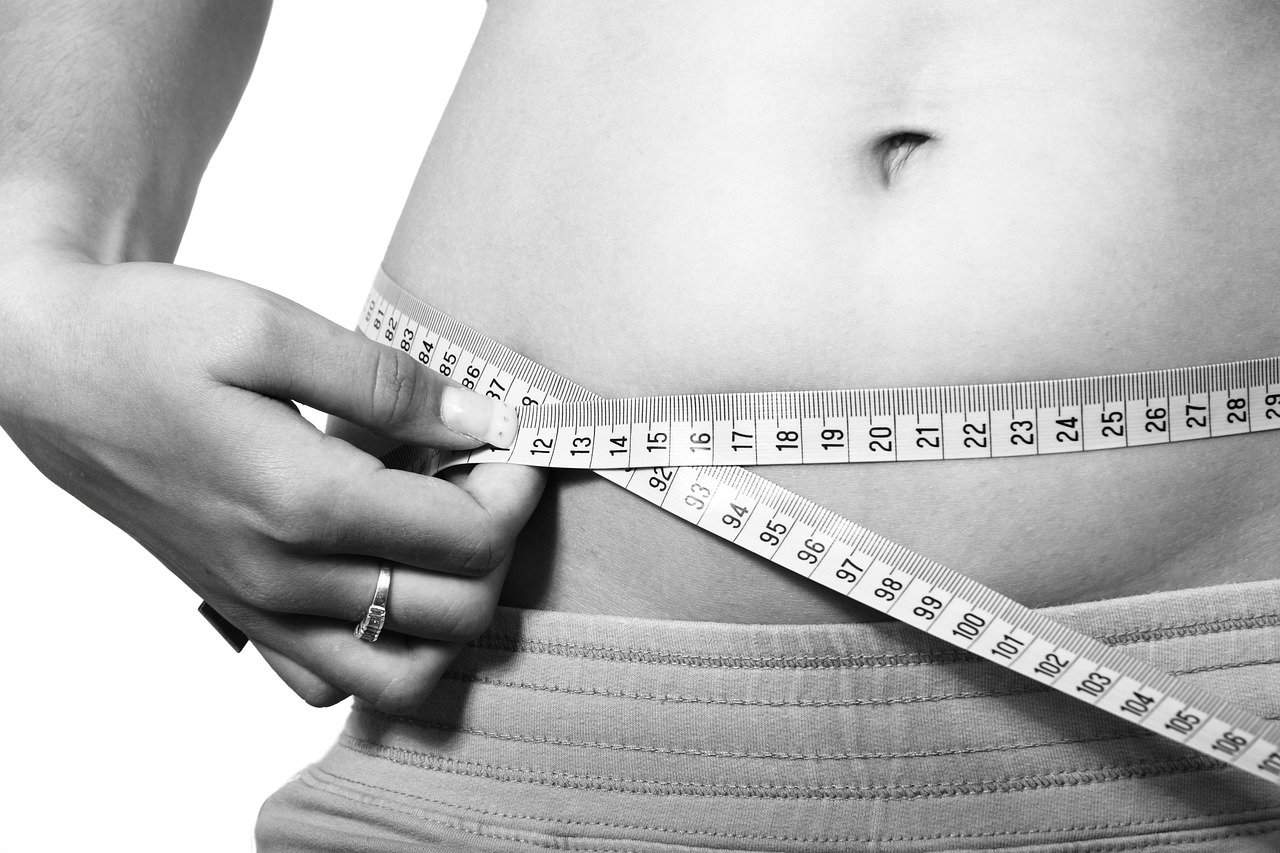Menopause and Weight Loss: Understanding the Complex Relationship
Estimated reading time: 5 minutes
- Weight changes during menopause can vary widely among women.
- Digestive issues, mood changes, and loss of muscle mass can contribute to weight loss.
- Nutrition, physical activity, and stress management are key strategies for weight maintenance.
- Professional guidance may be beneficial for personalized strategies.
Table of Contents
- Weight Changes During Menopause
- Factors Contributing to Weight Loss During Menopause
- Weight Loss Strategies for Menopausal Women
- Summary: A Nuanced Understanding of Menopause and Weight Loss
- Call to Action
- Disclaimer
- FAQ
Weight Changes During Menopause
The experiences of women regarding weight changes during menopause can vary markedly. Research indicates that, on average, women tend to gain approximately one pound each year during the menopausal transition, and about 20% of women may gain 10 pounds or more. However, this weight gain has more to do with aging and decreased energy expenditure than the direct hormonal changes associated with menopause. Interestingly, menopause is particularly linked with increased abdominal fat deposits, including both subcutaneous and visceral fat, which can pose health risks (Annandale OB/GYN, PMC).
Nevertheless, not every woman gains weight during menopause; some actually experience weight loss, which can be attributed to various factors:
Factors Contributing to Weight Loss During Menopause
- Digestive Issues
Hormonal fluctuations can cause gastrointestinal symptoms such as bloating and discomfort, which may suppress appetite or change eating behaviors. These digestive difficulties may result in a decrease in food intake and consequent weight loss (Bonafide). - Mood Changes
The psychological impact of menopause can include depression and anxiety, both of which may adversely affect appetite. Chronic stress during this time can lead to significant weight loss; in fact, some individuals lose up to 15% of their body weight due to these emotional challenges (Bonafide). - Loss of Muscle Mass
As estrogen levels decline, women may experience a decrease in muscle mass and function. Since muscle is denser than fat, losing muscle can lower overall body weight. However, be aware that this loss can negatively influence metabolism as well (Bonafide). - Changes in Mouth Sensations and Taste
Estrogen receptors also play a role in oral sensations. During menopause, women might find their taste altered and experience sensations such as mouth burning or numbness, which could affect their appetite and lead to unintended weight loss (Bonafide).
Weight Loss Strategies for Menopausal Women
While many women find it more common to gain weight during menopause, maintaining a healthy weight remains pivotal. Here are several strategies for achieving weight loss or maintaining a healthy weight during this life stage:
1. Nutrition Interventions
A balanced diet is crucial. Certain nutrition strategies have been linked to improved outcomes, including reduced waist circumference and body fat in menopausal women. A well-planned nutritional approach can aid in weight management (BMS).
2. Regular Physical Activity
Incorporating regular exercise into your daily routine can significantly brighten your weight loss prospects. As you age, your metabolism slows, so engaging in both aerobic exercises and resistance training can help mitigate muscle loss and stimulate metabolic functions (Mayo Clinic).
3. Stress Management
Addressing stress through mindfulness practices such as yoga, meditation, or deep breathing can alleviate some of the psychological burdens of menopause and promote a healthier relationship with food.
4. Professional Guidance
Consulting with healthcare professionals including dietitians and therapists who specialize in menopausal health can provide personalized strategies adapted to your unique situation.
5. Clinical Interventions
For some women, medical interventions may be necessary. In specific cases, bariatric surgery, such as Roux-en-Y gastric bypass (RYGB), has yielded successful weight loss outcomes, achieving 60-70% loss of excess body weight within 12 to 24 months post-surgery (PMC).
Summary: A Nuanced Understanding of Menopause and Weight Loss
Menopause is often associated with weight gain, yet it is essential to recognize that weight loss can also occur due to the intricate interplay of hormonal, physiological, and psychosocial factors. Issues such as digestive discomfort, mood changes, muscle loss, and altered taste sensitivities can each contribute to a reduction in appetite and resultant weight loss.
To navigate menopause successfully, a proactive approach is vital. By focusing on nutrition, regular physical activity, stress management, and, when necessary, seeking professional advice, women can effectively manage their weight during this transformative period.
Call to Action
If you’re currently navigating through menopause and looking for more helpful tips and guidance related to health and weight management, we invite you to explore our other articles. The journey through menopause is unique for everyone, and we’re here to support you every step of the way at Lose That Weight.
Disclaimer
Please consult with a healthcare professional before making any significant changes to your diet or exercise routine, or if you are experiencing significant weight changes during menopause.
FAQ
Q: Is weight gain inevitable during menopause?
A: Not necessarily; while many women do experience weight gain, some may actually lose weight due to various factors.
Q: What dietary changes can help manage weight during menopause?
A: A balanced diet focused on whole foods, and appropriate calorie intake can help maintain a healthy weight.
Q: Should I consider professional guidance for weight loss during menopause?
A: Yes, consulting healthcare professionals can provide tailored strategies to help manage weight during this transition.
Q: Are there specific exercises recommended for menopausal women?
A: A combination of aerobic exercises and resistance training is beneficial for muscle retention and metabolic health.
Q: What lifestyle changes can reduce stress during menopause?
A: Mindfulness practices such as yoga and meditation can be effective in managing stress levels during menopause.
